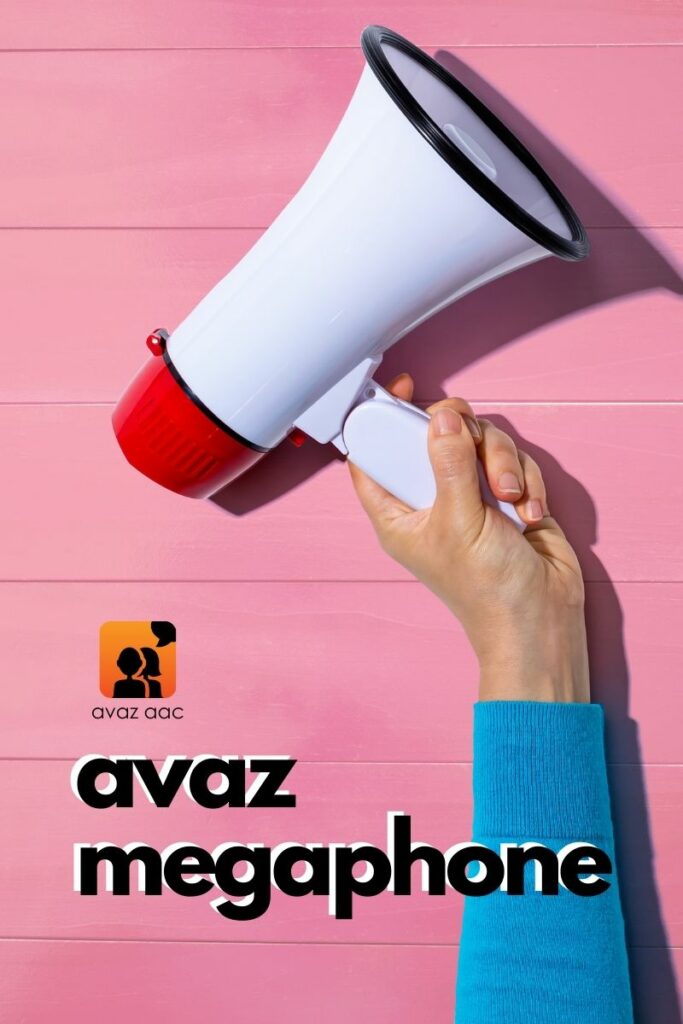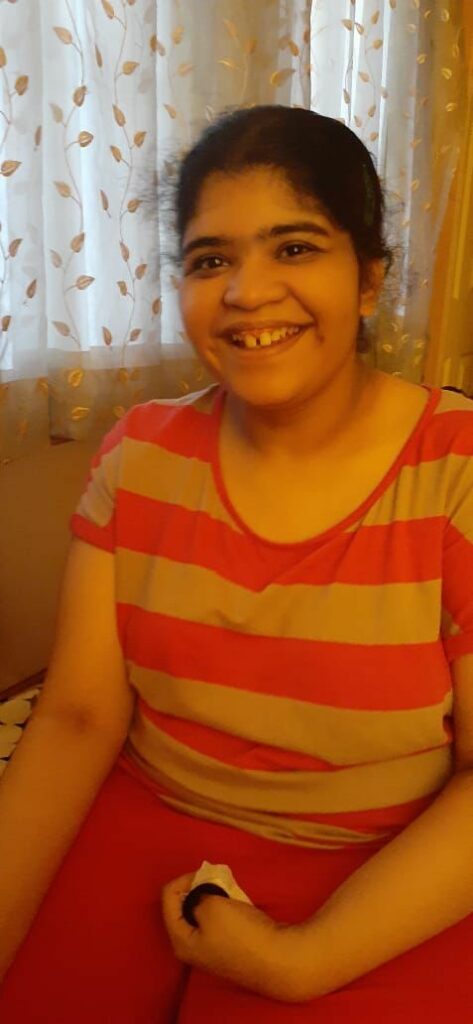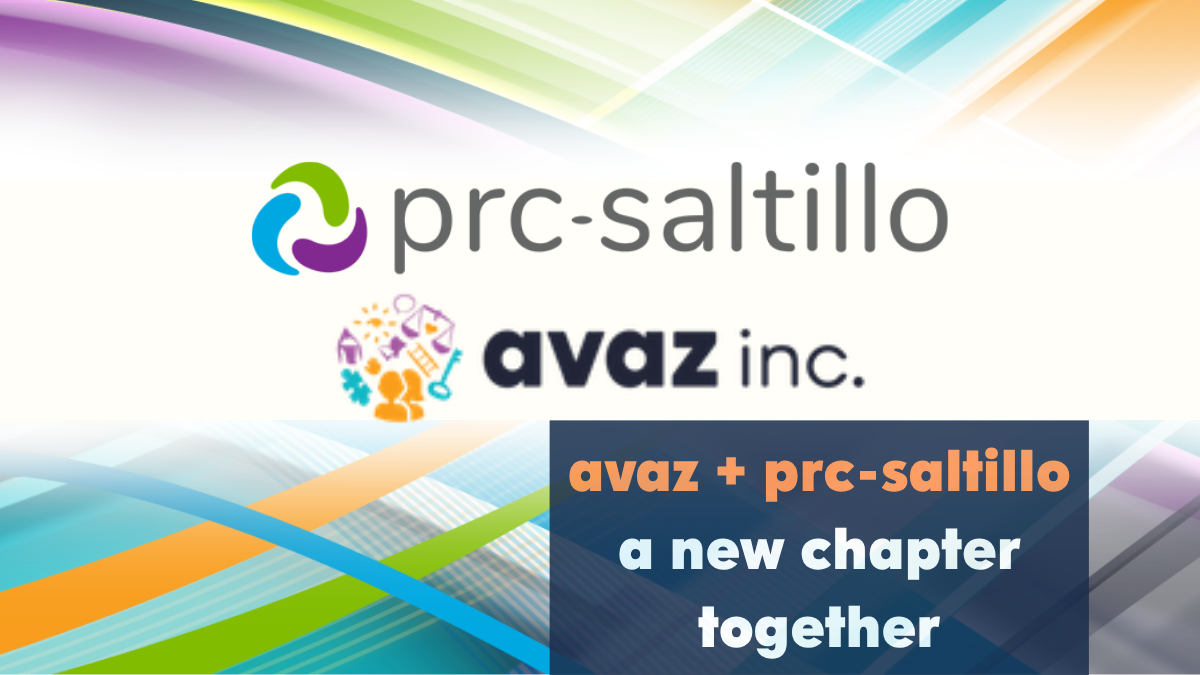In recent weeks, conversations around autism have taken a turn, with sensational claims and misinformation once again taking center stage. Amidst this noise, it becomes even more important to refocus on what truly matters: creating supportive environments where autistic individuals can communicate, connect, and thrive. In this Avaz Megaphone piece, the author reflects on how the right supports, especially through AAC, and training for caregivers and professionals can make all the difference. Because when everyone around an AAC user learns to “speak AAC,” communication flourishes, and lives are transformed.


The past month has left me with the feeling that we are observing the Autism Awareness month all over again for the second time this year; except the theme is anything but positive! After all, there is nothing positive about references to ‘horror show’, and there is very little to no proof to support the claim of a safe pain and fever medicine being the cause for ‘alarming’ increase in the rate of incidence. There is even lesser proof that the ‘miracle vitamin’ will actually help us autistics talk.
I have, in my journey of advocacy, had the opportunity to interact with many stakeholders in this space, including parents of those who have a diagnosis of ‘Profound’ autism- the community that felt validated in the run up to the ‘big announcement ‘, only to feel let down at the end of it.
This situation has made us realise more than ever before that what matters at the end of the day is the accessibility to appropriate accommodation and supports, that will enable even the most vulnerable segment of the spectrum to lead their best possible life. And right on top of this list is communication.
The efficacy of certain nutritional supplements in generating speech is a moot point, but what is well researched and documented is the fact that autism is a communication disorder. While the awareness about AAC has increased manifold, what is yet to occur is its organic adoption across multiple environments. One probable reason that I can think of is the fact that there is usually just one person using AAC to communicate in a family, and everyone else including the primary caregiver just talks. The organic acceptance of AAC as a preferred mode of communication takes longer since no one else is using it. If, for example, you want to learn to speak Spanish, just attending classes won’t suffice. You would have to speak in Spanish with others who can speak that language, to get more adept at it. Same goes for ‘speaking AAC’. This is where it becomes important to train
the primary caregiver and other family members and stakeholders who interact with the user on a regular basis.
When the family is able to model the use of AAC, the message that is got across to the user is that it is as natural a way to express as talking is. When an educator or a therapist uses AAC talk to an AAC user, the ecosystem takes a vital step forward to normalising the use of AAC. When an AAC user is able to place their order with a barista at a cafe, they experience the power of possessing a voice and making a choice. When one AAC user gets to meet and interact with another AAC user, a sense of belonging is built. These are little tweaks and accommodations that go a long way in making our lives more comfortable.
Helping us find our voice may not get rid of all our challenges, but it will surely give us a way to express and ask for help; and we wouldn’t be such a ‘horror show’ after all!
Avaz Megaphone is a platform for neurodivergent individuals to express themselves through the written word. We accept opinion pieces, short stories and poetry. Authors of accepted works will receive an honorarium. To make a submission please email us on: collaborate@avazapp.com
WRITTEN BY
Aditi Sowmyanarayan
Student & Writer
Aditi Sowmyanarayan is a nineteen year old who uses Avaz, a text to speech app, to communicate. She goes to Ishanya India Foundation, a special school in Bengaluru. Aditi is an avid blogger and an aspiring writer. She blogs on www.smallstepbigthought.blogspot.com
She can be reached on Instagram at writeaditi and on her Facebook page : small step big thought





